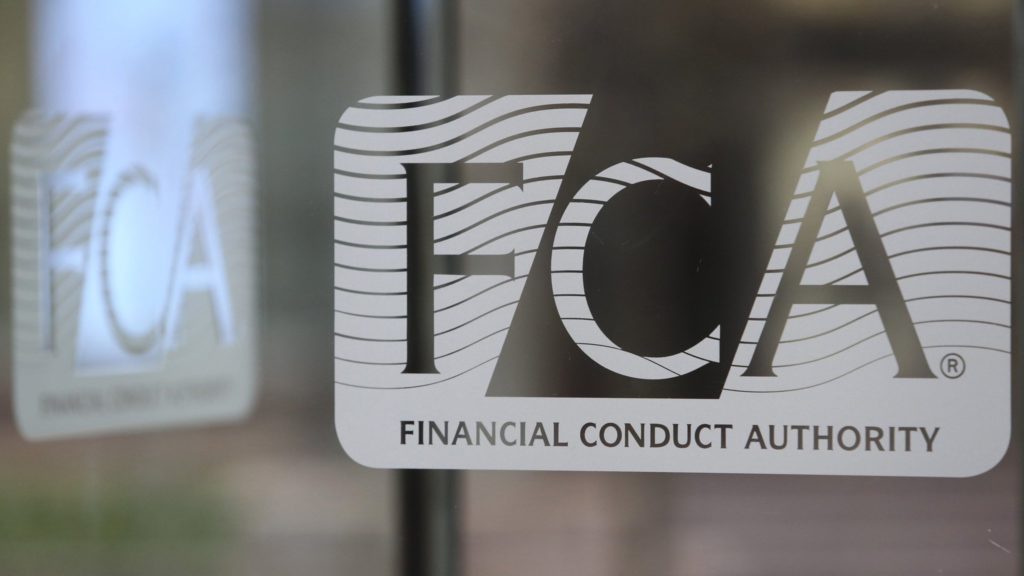
The Financial Conduct Authority confirmed last month that the limit for compensation that can be awarded by the Financial Ombudsman Service (“FOS”) will be raised from £375,000 to £415,000, for complaints made after 1 April 2023 relating to acts or omissions on or after 1 April 2019 – an increase of over 10%.
A lower limit of £190,000 applies to any complaints made from 1 April 2023 relating to events that occurred prior to 1 April 2019 – again an increase of over 10%, from £170,000 in 2022.




